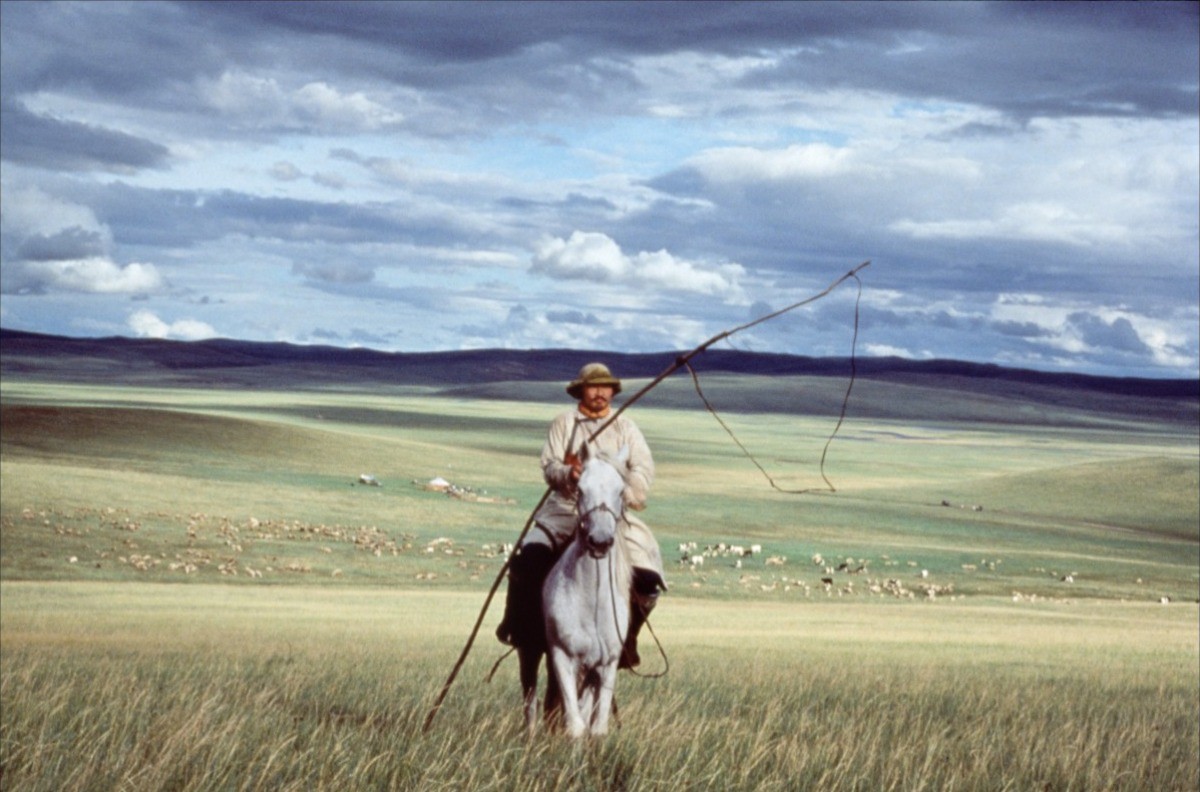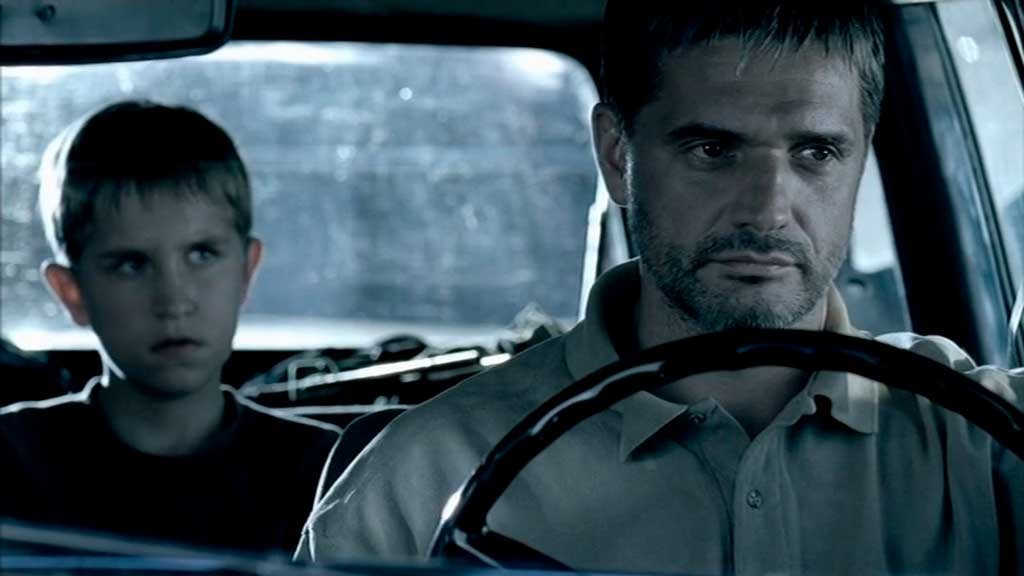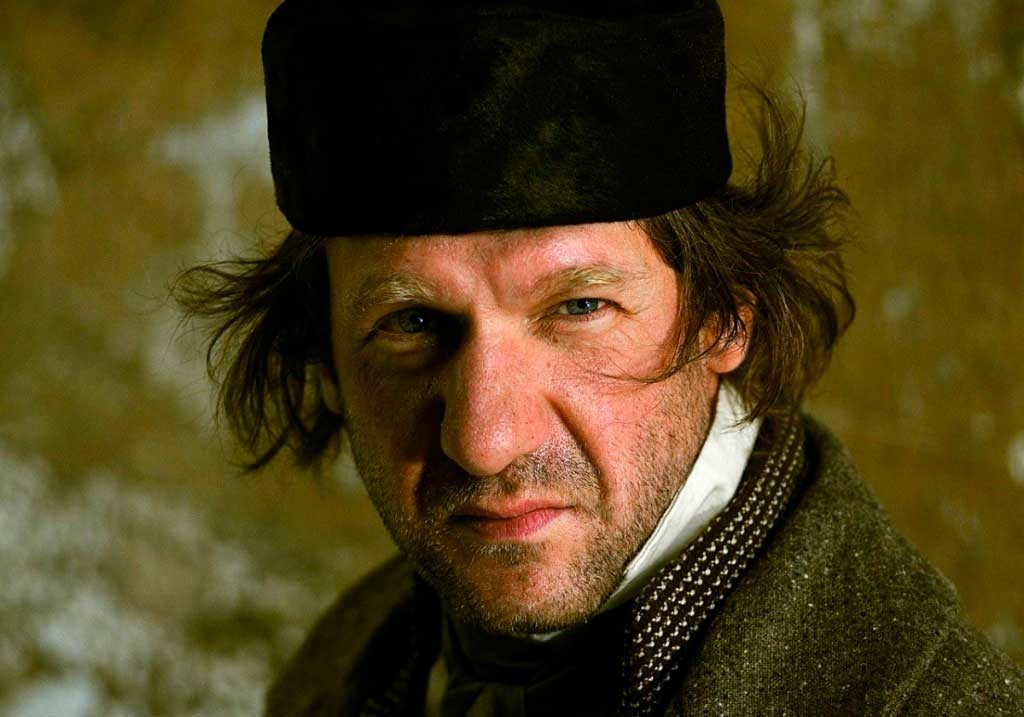.jpg)
Ivan’s Childhood (1962) by Andrei Tarkovsky
Kinopoisk.ruIn 1962 the exhibition introduced the world to a new cinematographic genius, Andrei Tarkovsky. His debut film Ivan's Childhood was a sensation and the 30-year-old director became one of the most promising artists of world cinema. With a rare psychological depth, the film was a study of a 12-year-old boy's inner world. Ivan has lost his mother in the war and enters a reconnaissance unit to get revenge.
The love that is natural in childhood is replaced by hatred and only the teenager's dreams can return him to the happy years of his lost innocence. The harsh, tragic world of the film formed a startling blend with the director's poetic worldview and the light emanated

Urga - Close to Eden
Kinopoisk.ruNikita Mikhalkov triumphed in Venice with his most exotic film, Urga - Close to Eden, which was filmed in collaboration with French producers. Already popular with his many films, including the
Amusing and poetic, full of delicate lyricism, the story was

The Return
Kinopoisk.ruThe year 2003 introduced a new name on the film scene: Andrei Zvyagintsev. An actor without any particular training from Novosibirsk, Zvyagintsev shot a modest film called The Return, which tells the story of how the father of two teenagers reappears after a long absence and takes them on a journey. The parable takes place in an unspecified time and space and relates the trauma of fatherlessness and the complicated relations between people who until recently have been strangers, as well as being an exploration of the universal role of the father.
Not counting on any success, the Russian distributor sent the film to the selection committees of several European festivals, and Locarno and Venice immediately started competing for it. Venice won and soon the packed screening room was giving the author a lengthy ovation. For the first time in the history of the
But the awards that The Return received do not end there. There is also the European Film Award, three awards in Gijon, the main prizes in Mexico and Stockholm. It was also nominated for the César Award and the Golden Globe.

“Faust” is the final part of Sokurov’s “Moloch” - “Taurus” - “Sun” - “Faust” series
Kinopoisk.ruThe film was co-produced with Germany, shot in German and became the fourth part of a tetralogy on the phenomenon of power (Moloch, Taurus, The Sun, Faust). The author of the film does not follow Goethe, but rather inherits from him, painting his own canvas based on classical texts, placing the characters into an 18th-century environment and opening a dimension for new associations and parallels.
Mephistopheles underwent the greatest transformation: In the
Sokurov uses the power of the word and pictorial photography, practically choreographing the images. Together with Andrei Sigle's musical score, the film becomes something akin to a symphony of existence. "This film changes the life of anyone who watches it," said jury chairman Darren Aronofsky as he handed Sokurov the Golden Lion.
All rights reserved by Rossiyskaya Gazeta.
Subscribe
to our newsletter!
Get the week's best stories straight to your inbox